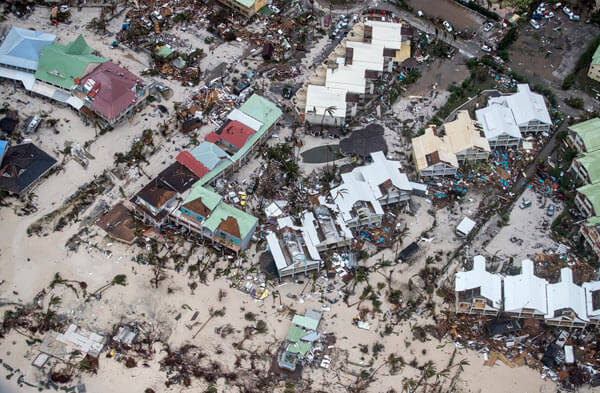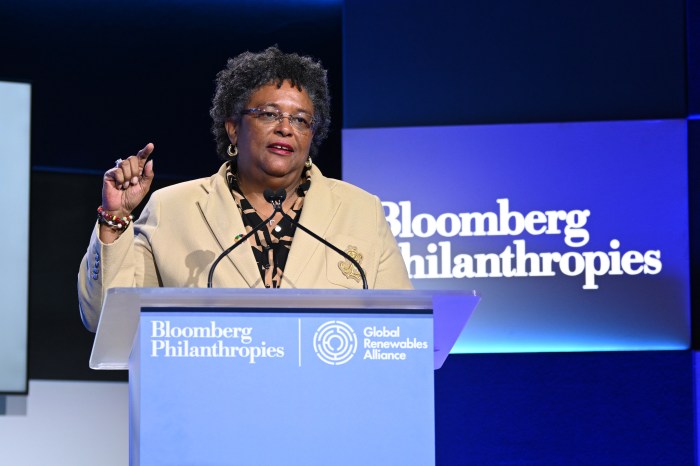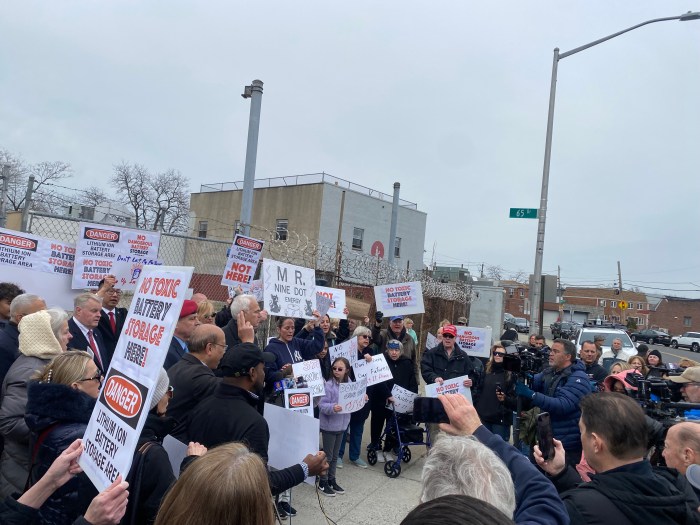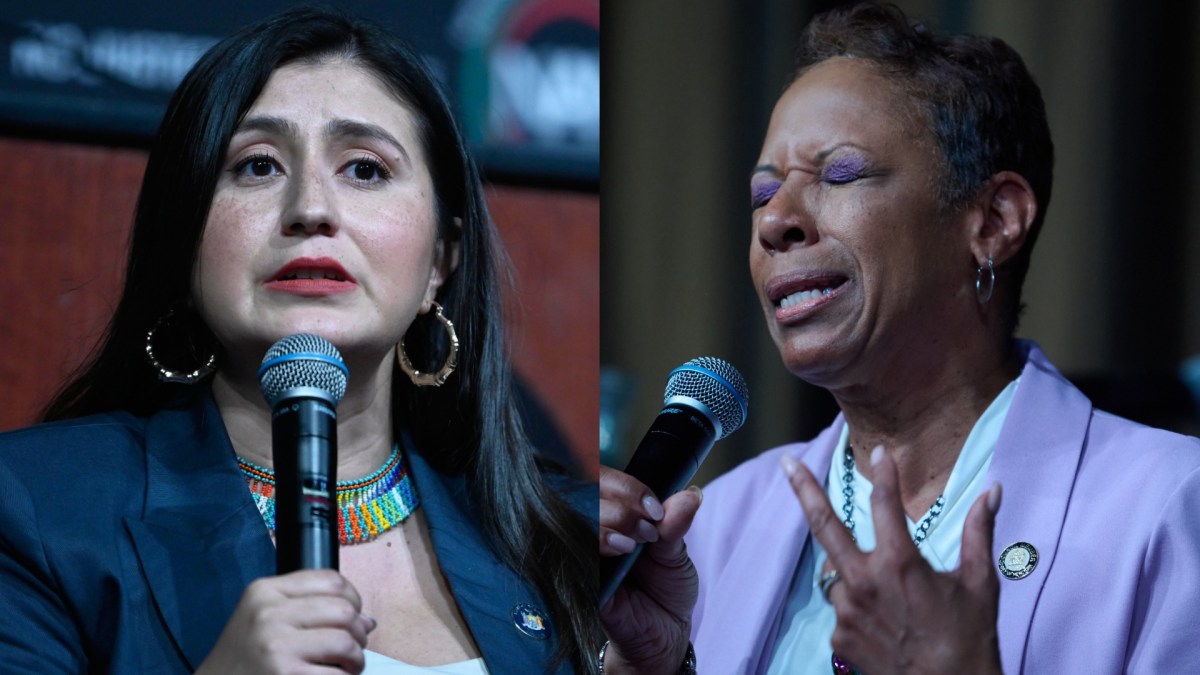If anything good has emerged from alphabets of devastating hurricanes that surged throughout the English, Spanish, Dutch and French Caribbean in 2017 it is that a flurry of solutions proliferate and a few might even provide tangible responses to help alleviate the annual scare.
One suggested by Jamaica’s Prime Minister Andrew Holness is that with aid from Canada, a permanent relief ship stocked with emergency supplies would be moored in his port for ready deployment to any needy CARICOM nation.
Another endorsed by the American Friends of Jamaica initiated the recent Oct. 7, Caribbean Day of Giving (CDoG) on which a full 24-hour dedicated to formulating concentrated efforts for Caribbean Diasporans and friends to donate to relief efforts in the affected countries. www.carib
Notwithstanding is the Caribbean Tourism Recovery Fund which allows tourism industry stakeholders and friends of the region throughout the world to pool their resources in support of vulnerable, devastated parts of the Caribbean that welcome millions of visitors in a region that supports 2.4 million tourism-related jobs.
Managed by Tourism Cares, a non-profit organization which has partnered with the Caribbean Hotel and Tourism Association (CHTA) to anchor the tourism industry’s hurricane recovery efforts in the Caribbean, the CTRF was established to demonstrate solidarity with still struggling destinations in the region.
In addition, buoyed by an initiative to salvage any perception that tourism might be on hold, CHTA aims to steer visitors to the Caribbean by recently highlighting the fact that more than 70 percent of the region was not affected by the ravages of Irma and Maria and are open to welcome visitors as usual.
The organization has also launched a booking initiative that allows hotels across the region to help those that have been adversely impacted.
To that effort they also introduced a “One Caribbean Family” movement to help the vital tourism industry get back on its feet and will serve as a hub for hotels, travel advisors and tour operators who would like to make a contribution through guest bookings.
“While this may sound idealistic, the need to come together and act as one Caribbean tourism family has never been greater,” Karolin Troubetzkoy, president of CHTA said.
“We want to show our solidarity with the Caribbean countries affected by these storms, not just in words but with actions that can bring relief to those in need.”
Already encouraged by the initial pledges of support for the initiative by some of the region’s hotels and international tour operators and travel advisors, she said she would like to see more Caribbean hotels and trade partners join in.
“How can any hotel or hotel chain in the region and our trade partners feel good about securing incremental business as a result of hotel closures due to hurricanes?”
Troubetzkoy is leading by example, with her company pledging to donate up to $50 for each booking for travel between now and Dec. 19, 2018.
Catch You On The Inside!
“We started this pledge for direct reservations and bookings through our travel advisors,” Troubetzkoy said, “but now we are also including some wholesalers who will match our donation.”
Guests wishing to make additional contributions to the fund will receive resort credits up to $250, depending on their contribution.
“To bring aid to the countries and the people who were affected will be an enormous task, and the One Caribbean Family initiative is a unique way to spread the good word that most of the Caribbean is open for business while helping those destinations most in need.”
“When any part of the region is affected, it hits us so close to home, because the entire Caribbean is our home,” she added, saying, “this is one tangible way our tourism community can stand in solidarity with our neighbors.”
www.touri
In keeping with the one Caribbean effort, Herman Hall, the publisher of a Caribbean magazine proposed diasporans emulate a practice by Jewish-Americans who are able to set aside one dollar or more as a tax deductible contribution to Israel when filing their annual income taxes.
According to the Caribbean national and New York resident, “the region must formulate creative methods of helping itself financially.”
It is not a new concept he explained but one he discussed three decades ago with former Barbados Prime Minister Tom Adams and his NY Consular General Clyde Griffith.
In a current edition of Everybody’s publication Hall wrote that the conversation was pertinent then but even more relevant now with increased concerns about climate change due to global warming.
It is “vital” that CARICOM embraces a Caribbean Hurricane Relief Fund he penned.
“The Caribbean has superb hurricane, earthquake and volcano tracking and warning devices. What the Caribbean does not have is a mechanism to raise funds to be used in times of hurricanes and other natural disasters.”
Hall endorses that there “ should be a regional and international project led by Caricom and sanctioned by regional leaders to approach governments of the USA, Canada, the United Kingdom and former colonial powers in Europe such as France and Spain who still have vested interest in their former Caribbean colonies.”
In the article he cites ways of contributing through Canadian and European channels in Sweden, France and Spain using charitable tax-exempt treaties.
For details read www.every
Meanwhile, to help children and families affected by the series of natural disasters that have devastated countries in Latin America and the Caribbean, the United Nations Children’s Fund (UNICEF) has scaled up its humanitarian response throughout the region.
“With four successive hurricanes — including Hurricane Irma, the largest ever recorded over the Atlantic – and two major earthquakes in Mexico, the past few weeks have been relentless,” Grant Leaity, UNICEF Deputy Director of Emergency Programs said.
“Children in Latin America and the Caribbean have faced several natural disasters of epic proportions in September.”
Last month, four major hurricanes — category three or higher — have churned through the Caribbean and Atlantic Ocean with hurricanes Irma, Jose, Katia and Maria causing major damage to Dominica, Barbuda, USVI, BVI, as well as southern American states and Central America.
Devastating the lives of millions of people and leaving hundreds of thousands homeless and displaced, the island of Puerto Rico is still dark with 85 percent of homes still without electricity three weeks after Hurricane Maria struck.
Since two earthquakes — 12 days apart — caused widespread damage and destruction in Mexico, the region has experienced more than 4,000 after-shocks, including a 6.1 magnitude quake as recently as September 23.
Up to seven million children live in the affected areas and thousands have been left homeless, with no access to basic services.
Across the region, UNICEF has urgently ramped up its emergency response to reach vulnerable children with protection services, water, sanitation and hygiene, health and education initiatives.
To support its humanitarian response in Mexico, Cuba, the Eastern Caribbean and Haiti, UNICEF is appealing for $18.1 million.
The Barbados-based Caribbean Disaster Emergency Management Agency (CDEMA) is also making provisions for Caribbean nationals to help.
The Caribbean alternative to America’s Federal Emergency Management Agency (FEMA) has received tremendous response from the diasporan community with many individuals in the region, the private sector and the Diaspora reaching out with offers of assistance for the disaster relief efforts.
A spokesperson said they are “deeply appreciative and truly humbled by the outpouring of generosity and humanitarian interest to meet the needs of our Caribbean sisters and brothers.”
Individuals and organizations who wish to make monetary donations to the relief efforts may do so through the Emergency Assistance Fund — Caribbean Disaster Emergency Management Agency (CDEMA) Wells Fargo Bank, 11 Penn Plaza, 4th Floor, New York, SWIFT Code — PNBPUS3NNYC, ABA Routing # 026 005 092, www.cdema.org
Catch You On The Inside!

























